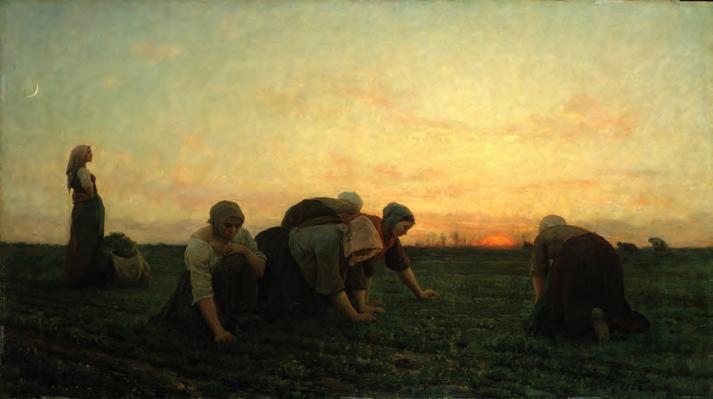
1 minute read
Taos Residency at the Helene Wurlitzer Foundation
farm the land when he was cast out of his privileged family. Bazil’s first language is Spanish, enriched by a vocabulary that shows his ties to the land.
We chose to keep the dialogue intelligible to an English-speaking audience and turn to the first language of each character at moments of intensity or emotion. Strangely, the transition from the formal 18th-century poetic French to a combination of more modern languages seemed both natural and appropriate to the new setting of the opera. We did not include a native character, but it is likely that the guards were genízaros, natives forced into indentured servitude, who nonetheless sing in French. Together with Bazil, their presence acknowledges the continuing indigenous presence in and heritage of the Southwest.
Opera Lafayette was in residence at the Helene Wurlitzer Foundation of New Mexico in May 2022. During this period, the artistic team staged Grétry’s Silvain, setting this opera about land rights issues and family reconciliation in the nearby San Luis Valley of Colorado in the 19th century. The residency included discussions and online seminars and culminated in a free public performance of the ‘opera in progress’ – i.e., a dress rehearsal with costumes and minimal lighting, without the full orchestra and scenic design added for the Kennedy Center and El Museo del Barrio performances.
©️ Reproduced with permission of the Wurlitzer Foundation
More information can be found on their website: wurlitzerfoundation.org


Jules Breton, “The Weeders,” 1868





